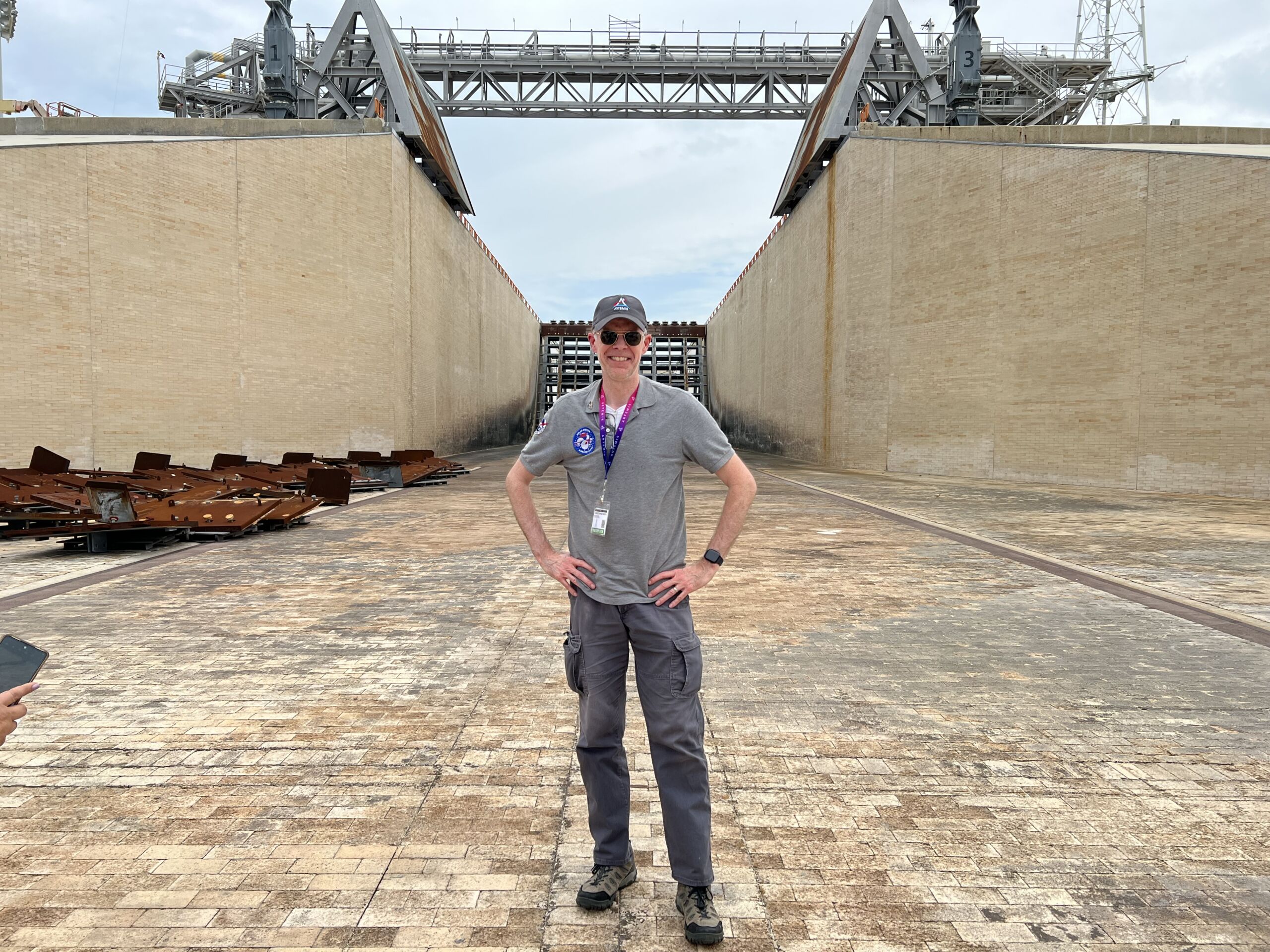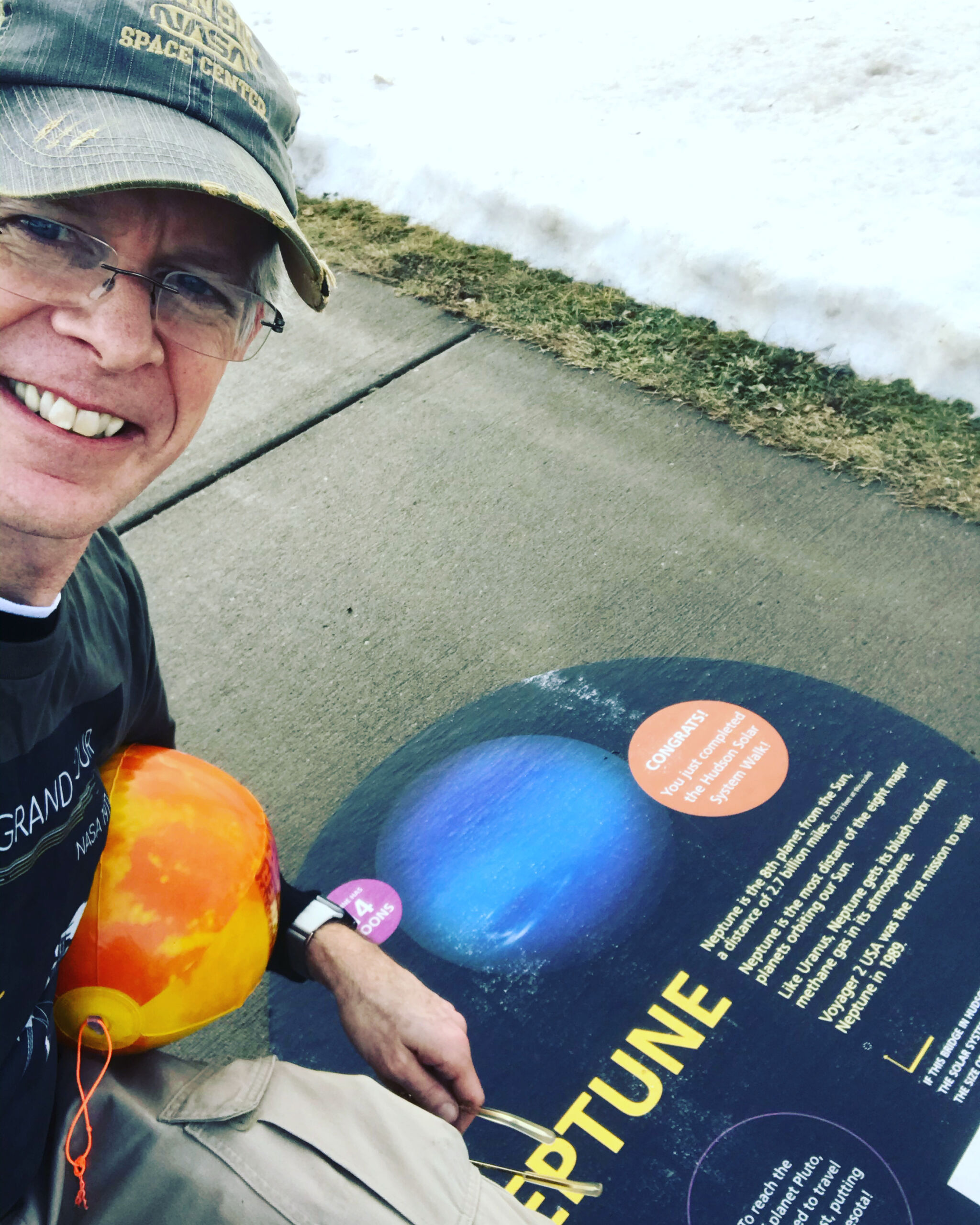The STAR Library Network (STAR Net) recently entered a video into the NSF STEM For All Video Showcase, which will take place from May 13th to May 20th. STAR Net’s 3-minute video focuses on how the organization has prepared libraries for the Collaborative Summer Library Program‘s 2019 summer learning theme, “A Universe of Stories.”
Every year, libraries across the country rally around a summer reading theme and offer diverse programs to the communities that they serve. With the Collaborative Summer Library Program’s 2019 theme, “A Universe of Stories,” the STAR Library Network (STAR Net) is partnering with 12 state libraries to provide library staff with a dynamic, hands-on training where participants build confidence in facilitating space science programs and providing their communities with access to current NASA science and missions. This short video showcases a NASA STEM Workshop in action and provides a glimpse into how STAR Net makes an impact on both a regional and national level.
Voting is now open for the STEM For All Video Showcase! You can view, vote and share from May 13-20th.
Visit https://stemforall2019.videohall.com/presentations/1629
STEM For All Video Showcase Background
The 2019 National Science Foundation (NSF) STEM for All Video Showcase is an annual online event. Each year, it hosts between 100-200 three-minute video presentations from federally funded projects that aim to improve STEM (Science, Math, Engineering, and Mathematics) and computer science education. During the seven days of this online event, Principal Investigators, practitioners, administrators, researchers, policy makers, industry and the public at large are encouraged to participate. All participants will be able to view the video presentations, post to the facilitated discussions related to each video, and vote for the videos that are most effective in conveying the creative work being done. All videos and discussions will be archived for future access thereafter.
The STEM for All Video Showcase:
- Enables leaders of STEM education grants to learn of related work funded in different divisions at NSF, as well as other federal agencies, by sharing and discussing visual narratives of their project.
- Provides a mechanism for projects to disseminate their work to the public at large.
- Facilitates collegian discourse between project leaders.
- Allows researchers, practitioners, policy makers, and parents to provide queries and feedback to these projects, providing new perspectives, ideas, and new contacts in the field.




Leave A Comment